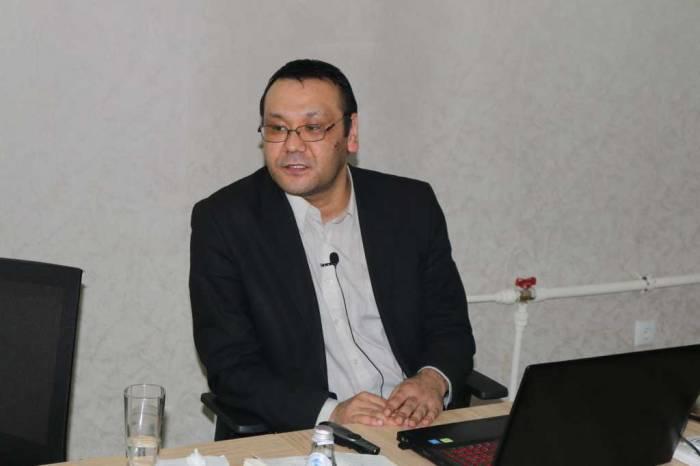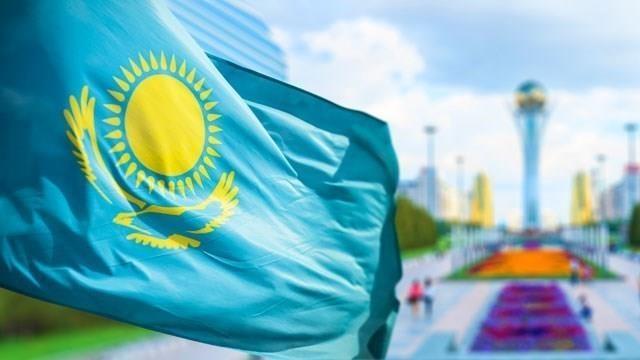“Bolder steps are needed to strengthen the Turkic world” Kazakh professor on Caliber.Az
Caliber.Az presents an interview with Saken Mukan, Professor of Department of Media Communications and History of Kazakhstan, International IT University, Almaty (Kazakhstan).

- The main topics of discussion at the meeting in Baku of the ministers of foreign affairs and transport of the three Turkic countries - Azerbaijan, Kazakhstan and Türkiye were the expansion of regional cooperation and the development of the potential of the "Middle East-West Corridor". Does this indicate that the Turkic world is strengthening its place on the world stage as an influential and powerful force?
- I do not think that the Turkic factor played an exceptional role at this meeting. Rather, the meeting aimed to maximise the business benefits and costs of the agenda. But this does not mean at all that the Turkic factor is underestimated or not taken into account. The point is that the Organisation of the Turkic States itself also contains the economic part of cooperation. In other words, the trilateral meeting in Baku is more of a commercial nature than pursuing the goal of strengthening within the framework of the Turkic world and all the circumstances that follow from this. For the Turkic world to gain a foothold in the international arena as an influential and powerful force, its member countries must decide to take bolder steps. For example, in the same Kazakhstan or Kyrgyzstan, external forces influence the formation of a common understanding of foreign policy priorities.
In general, the current Baku meeting should be perceived as a kind of Turkic mutual assistance. First of all, this is the support of Kazakhstan, since in the current conditions this country is very vulnerable. But all three countries will benefit proportionally from this assistance. The upcoming visit of Kazakh President Kassym-Jomart Tokayev to Baku will give impetus to expanding mutually beneficial cooperation.

- What specific prospects of this meeting open up for Kazakhstan?
- Our country will gradually solve its problems, for example, difficulties with the functioning of the Caspian Pipeline Consortium (CPC). Naturally, Nur-Sultan is looking for alternative ways to transport its oil, and the trilateral meeting in Baku is proof of this.
- At the meeting of the ministers of foreign affairs and transport of the three countries, a lot was said about the Zangazur corridor. Do you think the Zangazur corridor could become one of the main, pivotal transport projects that set the basis of trilateral cooperation?
- I suppose it could. The position of Azerbaijan and Türkiye on this corridor is quite understandable. I do not think that the Kazakh side will politicise the "Zangazur factor", since the economic interests of Kazakhstan at this stage are a priority, given its difficult economic situation.
- Could the implementation of transport projects stimulate the interest of entrepreneurs in economic activity and give impetus to the development of the non-oil economy?
- As far as I know, Azerbaijan is already taking steps to develop the non-oil sector. This is also indicated by the recent official visit of Azerbaijani President Ilham Aliyev to Uzbekistan, where fundamental documents on the non-oil sector were signed with the involvement of the Uzbek side in joint non-oil projects in the future. Now Azerbaijan plays an important role as a transport hub in the region. The creation of a favourable transport and logistics hub between the east and west promises Azerbaijan economic and political dividends.








